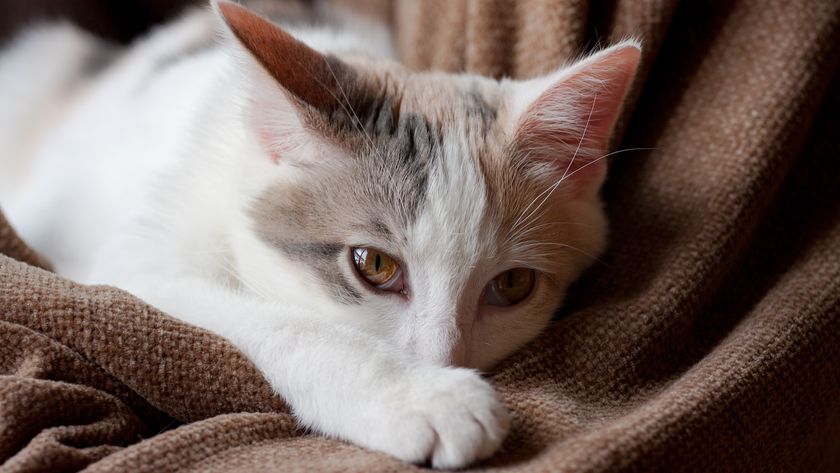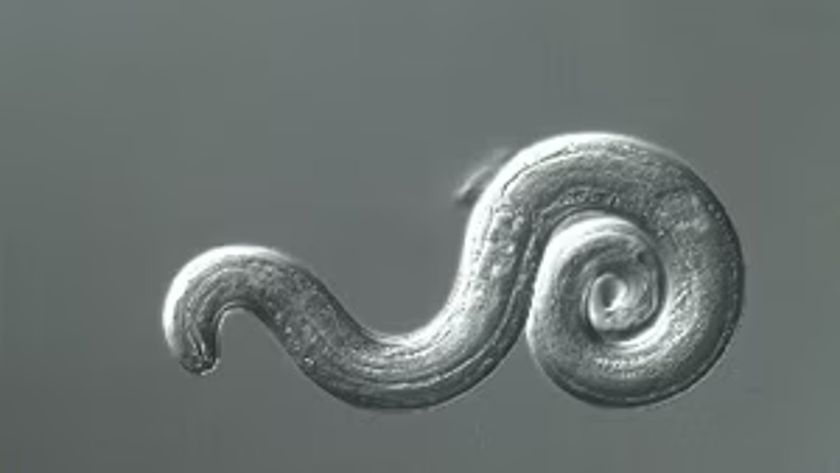
HPV Vaccine Doesn't Make Teens Promiscuous

Young women who receive the vaccine for the human papillomavirus (HPV) are no more likely to engage in sex or risky sexual behavior than women the same age not vaccinated, according to a CDC study to appear in the January issue of the American Journal of Preventive Medicine.
Few in the public health community are surprised by the results, however. Vaccines simply aren't known to encourage risky behavior. Why should the HPV vaccine be different?
That is, people who get the flu shot are no more inclined to rub their eyeballs into a doorknob than people who don't get the flu shot. People who get a tetanus shot are no more inclined to purposely puncture themselves with a rusty nail from the boardwalk of Coney Island than those who don't get a tetanus shot. And so on with every vaccine and every route of exposure.
It's all about sex
HPV is the most common sexually transmitted disease in the United States, with an estimated 6.2 million new infections annually, according to the study. HPV infection causes over 90 percent of cervical cancer cases, and most women will have at least one strain of the virus by the time they are 50, according to the CDC. The virus kills a quarter-million women annually, mostly in poor countries.
Sounds dangerous. You'd think the HPV vaccine would have been treated as a godsend. Instead, the vaccine, sold in the United States under the names Gardasil and Cervarix, has met nothing but controversy.
The issue is that the prime recipients of the HPV vaccine are girls, preferably virgins. The worry in some circles is that the HPV vaccine offers an excuse for them to start fooling around.
Sign up for the Live Science daily newsletter now
Get the world’s most fascinating discoveries delivered straight to your inbox.
That is, maybe young women would become sexually active once they were protected from HPV — a virus they never heard of, which can cause cancer in another 20-some years should they fail to see a gynecologist for a pap smear — because surely they'd think that this vaccine also would protect them from all the things they have heard about: pregnancy, HIV, syphilis, gonorrhea, genital herpes and pubic lice.
Note that girls aren't any more inclined to be sexually active after receiving the hepatitis B vaccine as an infant to prevent that sexually transmitted disease; but still, there's been worry.
Study of the obvious
The CDC study is based on a survey of 1,243 young women ages 15 to 24, interviewed as part of the National Survey of Family Growth. The researchers found that those who received the HPV vaccine were no more likely to have begun having sex before age 15 or to have had more sexual partners compared with those who didn't get the vaccine.
In fact, sexually active women who had received the vaccine were more likely to use condoms. The authors attributed this to the fact that the women were more knowledgeable about the dangers of sexually transmitted diseases.
The CDC study likely won't appease the HPV vaccine's many adversaries. But it might give state governments more courage to make the vaccine mandatory for boys and girls.
And once we get vaccines to prevent HIV, syphilis, gonorrhea, genital herpes and pubic lice, then we can start worrying about promiscuity.
Christopher Wanjek is the author of the books "Bad Medicine" and "Food At Work." His column, Bad Medicine, appears regularly on Live Science.

Christopher Wanjek is a Live Science contributor and a health and science writer. He is the author of three science books: Spacefarers (2020), Food at Work (2005) and Bad Medicine (2003). His "Food at Work" book and project, concerning workers' health, safety and productivity, was commissioned by the U.N.'s International Labor Organization. For Live Science, Christopher covers public health, nutrition and biology, and he has written extensively for The Washington Post and Sky & Telescope among others, as well as for the NASA Goddard Space Flight Center, where he was a senior writer. Christopher holds a Master of Health degree from Harvard School of Public Health and a degree in journalism from Temple University.
Most Popular




